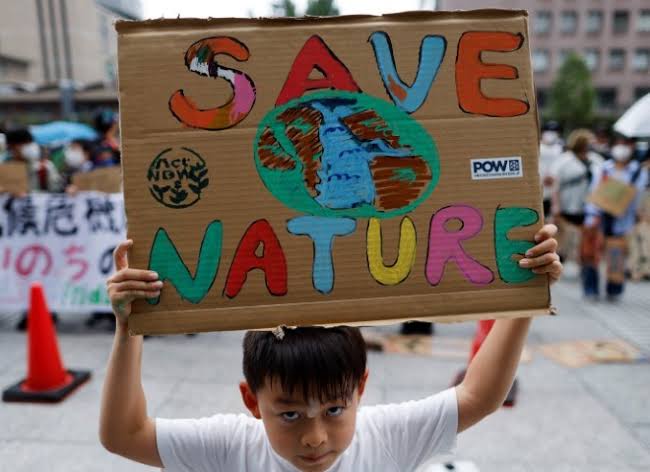Japan vulnerable as 95% of its oil is from Middle East

Japan’s dependence on oil from the Middle East has risen to a record level at a time when global oil markets are haunted by Russia’s war in Ukraine and the Israel-Hamas conflict.
Today, nearly 95 percent of the oil imported by Japan comes from the Middle East, exceeding the figure of 77.5 percent during the 1973 oil crisis, when oil prices soared and costs were felt in areas far from the energy sector.
“Japan needs to revisit the lessons it learned during the oil crisis,” said Keiichi Konaga, who was an aide to Prime Minister Kakuei Tanaka during the crisis.
Konaga added that Japan should secure electricity sources of its own, such as renewable energy and nuclear power.
The oil crisis was triggered by the Yom Kippur War, which broke out in October 1973 when Syria and Egypt attacked Israel. Oil producers in the Middle East, such as Saudi Arabia, raised oil prices by 70 percent and curtailed supply to put pressure on the United States and other allies of Israel.
Japan’s rapid postwar growth was made possible in part because of cheap oil it could import from the Middle East. This fact was underscored when U.S. Secretary of State Henry Kissinger traveled to Japan in November 1973 to meet with Tanaka.
In their talks, Kissinger urged Tanaka not to take a pro-Arab stance in the oil crisis, Konaga said.
Tanaka reportedly replied: “Japan-U.S. relations are important, but Japan depends on the Middle East for oil.”
Tanaka spoke of the potential costs for Japan if it turned its back on Arab producers. “Will the United States make up for a shortfall?” he asked.
Kissinger remained silent.
Tanaka asked for the United States to understand Japan’s situation.
“Japan can never make enemies of Arab states,” he said.
Crude oil prices quadrupled over three months following OPEC’s decisions, causing commodity prices in Japan to spiral. Even items that were unrelated to oil were affected.
In fiscal 1974, Japan’s economy contracted for the first time since the end of World War II, ending nearly two decades of rapid economic growth.
The oil crisis also prompted the resource-scarce country to diversify its oil suppliers and to wean itself off oil in its energy mix.
“We tried to break dependence on oil and dependence on the Middle East,” said Konaga, 92, who later served as vice industry minister and president of Arabian Oil Co.
Japan has been giving priority to liquefied natural gas. LNG reserves are more widely distributed globally than oil.
LNG’s share in the nation’s total energy supply has risen to more than 20 percent, up from less than 2 percent half a century ago.
Japan has also increased output from nuclear power and renewable energy.
But the disaster at the Fukushima No. 1 nuclear power plant in 2011 resulted in a more cautious approach to atomic energy.
Solar power has now become a pillar within the renewable energy sector, but its further expansion will be difficult because more than 70 percent of Japan’s land is mountainous.
Meanwhile, several factors have fueled Japan’s recent return to the Middle East for its oil. That reliance has sharply rebounded from a low of 68 percent in fiscal 1987.
For one, Indonesia and other oil producers have shifted priority from export sales to domestic consumption as their economies have grown.
Another reason was Japan’s decision to halt imports from Russia following the invasion of Ukraine.
Japan has made clear efforts to diversify the types of fuels. The share of oil in its energy supply fell from 75.5 percent in fiscal 1973 to 36 percent in fiscal 2021.
Still, the Middle East now accounts for more than 90 percent of oil Japan imports.
Escalating violence in the Middle East has shaken global oil markets.
West Texas Intermediate crude oil futures spiked more than 5 percent on Oct. 9, the first trading day after Hamas’ surprise attack on Israel on Oct. 7.
The price soared by nearly 6 percent and approached $88 per barrel on Oct. 13, when the prospect of Israel’s ground invasion of Gaza became greater.



